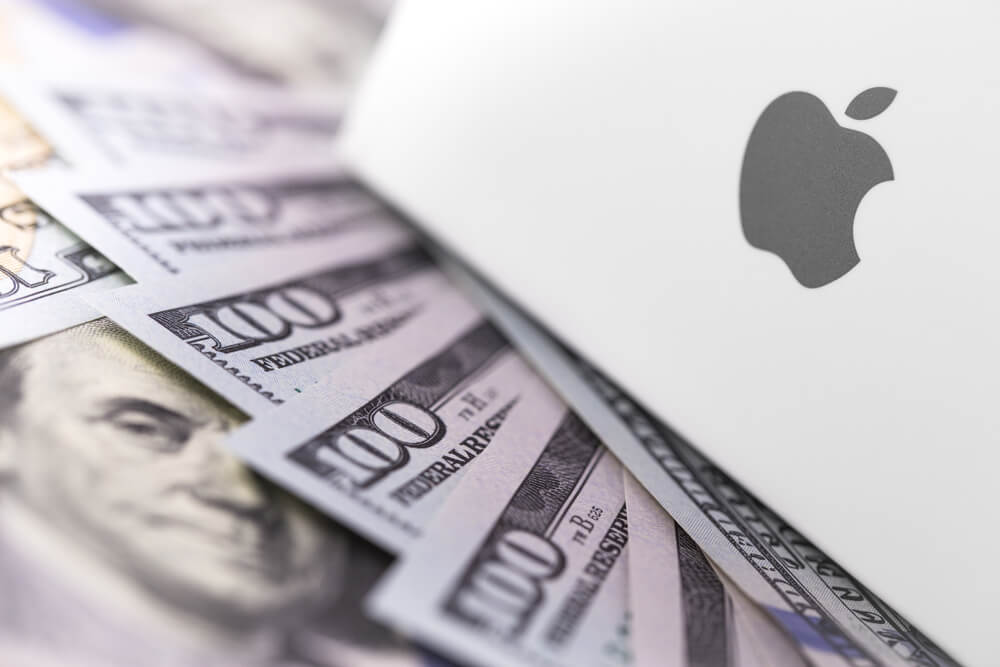Apple Inc. is suggesting the Trump administration’s push for 25% tariffs on $300 billion worth of Chinese goods will “result in a reduction of Apple’s U.S. economic contribution.”
In a letter issued to U.S. Trade Representative Robert Lighthizer, Apple said the latest round of tariff’s proposed by Trump in the ongoing U.S. and China trade war will cover all of the company’s products manufactured in China and sold in the U.S.
“The proposed tariff list covers all of Apple’s major products including iPhone, iPad, Mac, AirPods and AppleTV, as well as the parts and batteries used to repair products in the United States,” the letter said.
The letter said Apple, which is notorious for charging exorbitant prices already, is responsible for more than 2 million jobs in the United States and is on track to contribute more than $350 billion to the U.S. economy, which the company promised after tax reform was passed in 2018.
“Apple is also the largest U.S. corporate taxpayer to the U.S. Treasury and pays billions more each year in local property, sales and employee taxes,” the letter said.
In addition to suggesting a reduction in what the company contributes to the U.S. economy, Apple said the company’s global competitiveness would be significantly hampered if the proposed tariffs go into effect.
“The Chinese producers we compete with in global markets do not have a significant presence in the U.S. market, and so would not be impacted by U.S. tariffs,” the company said in the letter. “Neither would our other major non-U.S. competitors. A U.S. tariff would, therefore, tilt the playing field in favor of our global competitors.”
The letter was reportedly sent to the trade representative on June 17. It was just two days later that news broke regarding Apple is considering some of its production operations out of China.
The company has reportedly asked its Chinese suppliers to perform cost analysis to move 15% to 30% of Apple’s Chinese production to other areas of Southeast Asia.
If suppliers are forced to move production out of China, it could impact nearly 5 million Chinese jobs that are tied to Apple. However, even if a trade agreement is reached, it was suggested Apple could still remove a percentage of its production to avoid a similar situation from happening again.
“A lower birthrate, higher labor costs and the risk of overly centralizing its production in one country. These adverse factors are not going anywhere,” said one executive with knowledge of the situation to Nikkei Asian Review. “With or without the final round of the $300 billion tariff, Apple is following the big trend (to diversify production).”
The latest news regarding tariff impact on the Cupertino, California-based Apple suggests the cost to buy its products will go up even more if Trump’s tariffs are implemented. That could also hurt Apple as it continues to compete with companies like South Korea-based Samsung and LG Electronics, along with Taiwan-based HTC and its American competitor, Google, in the smartphone space.
Whether Apple’s pleas with Lighthizer or Trump will have any impact could likely come down to Trump’s meeting with Chinese President Xi Jinping at the G20 Summit in Osaka, Japan, which begins June 27.
The Trump-Xi meeting is expected to be the biggest event of the summit as it could prove to bring about an end to the trade war —or an extension of it.




